'Tremendous tension' in Situation Room as Biden watched ISIS raid: Officials
Officials gave a behind-the-scenes account of the president's role.
Shortly before President Joe Biden spoke Thursday on the raid that left the Islamic State leader dead, senior administration officials gave behind-the-scenes details of his involvement and more of the White House account of how the attack went down.
Biden's involvement
According to the officials, the operation took months to plan. Once the U.S. confirmed the whereabouts at the site of Abu Ibrahim al-Hashimi al-Qurayshi -- his nom de guerre -- or Hajjii Abdallah, as the administration started calling him instead -- Biden was briefed on the proposed operation in December.
He was kept regularly updated, including a briefing earlier this week. He gave the official go-ahead for the operation to Defense Secretary Lloyd Austin and Joint Chiefs Chairman Gen. Mark Milley in the Oval Office Tuesday morning.
Biden monitored the operation real time in the Situation Room Wednesday night, receiving reports from Austin, Milley, and U.S. Central Command Commander Gen. Frank McKenzie.
Officials described tremendous tension in the room as the raid was being carried out, and a sigh of relief when the first reports of civilians being removed to safety came through.
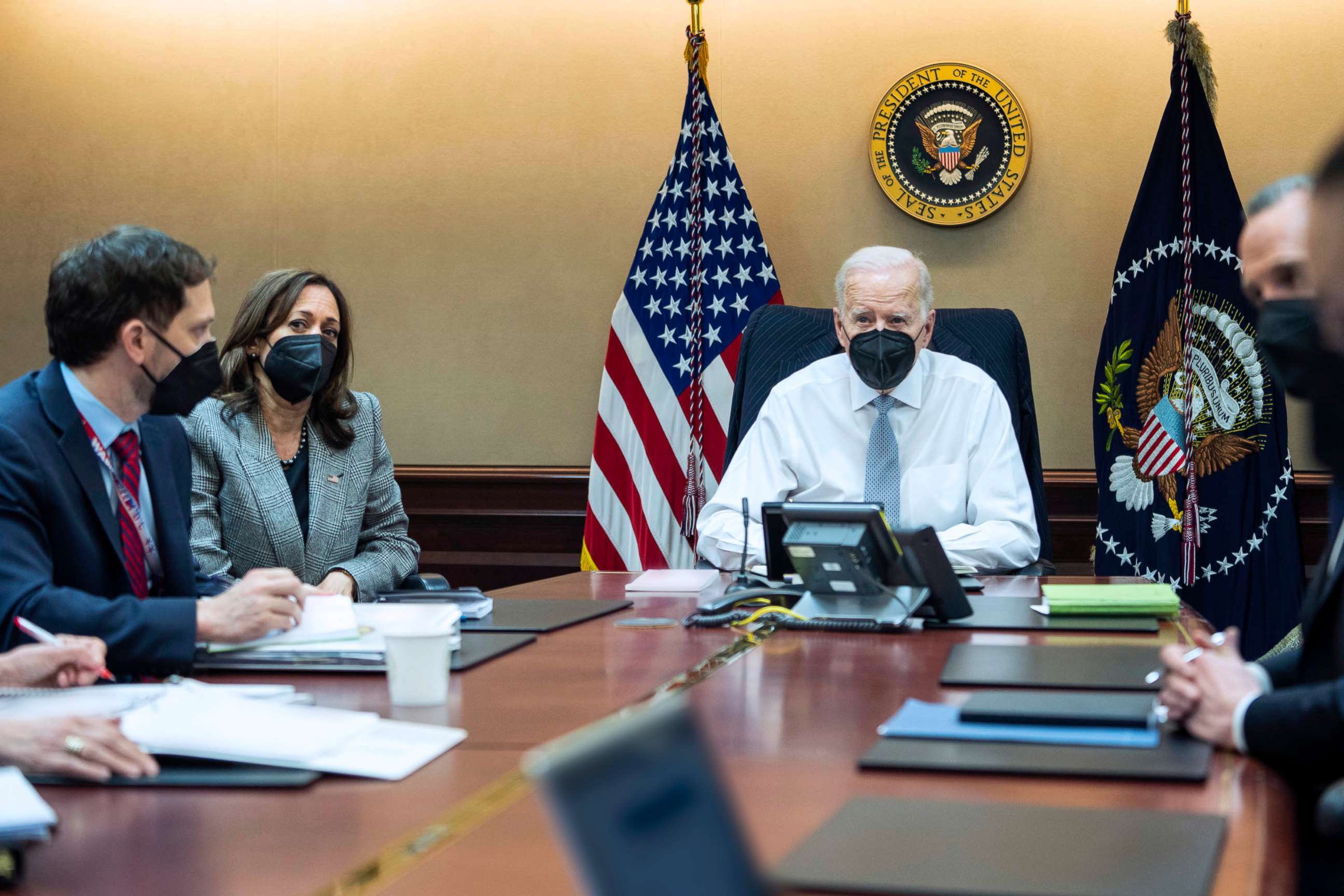
Biden was very steeped in the operational details, officials said.
They credited Syrian rebel forces for aiding with intelligence.
"We're especially grateful for our local partner the Syrian Democratic Forces whose support was essential to the mission success went through and we will continue to relentlessly pursue remnants of ISIS and its leadership."
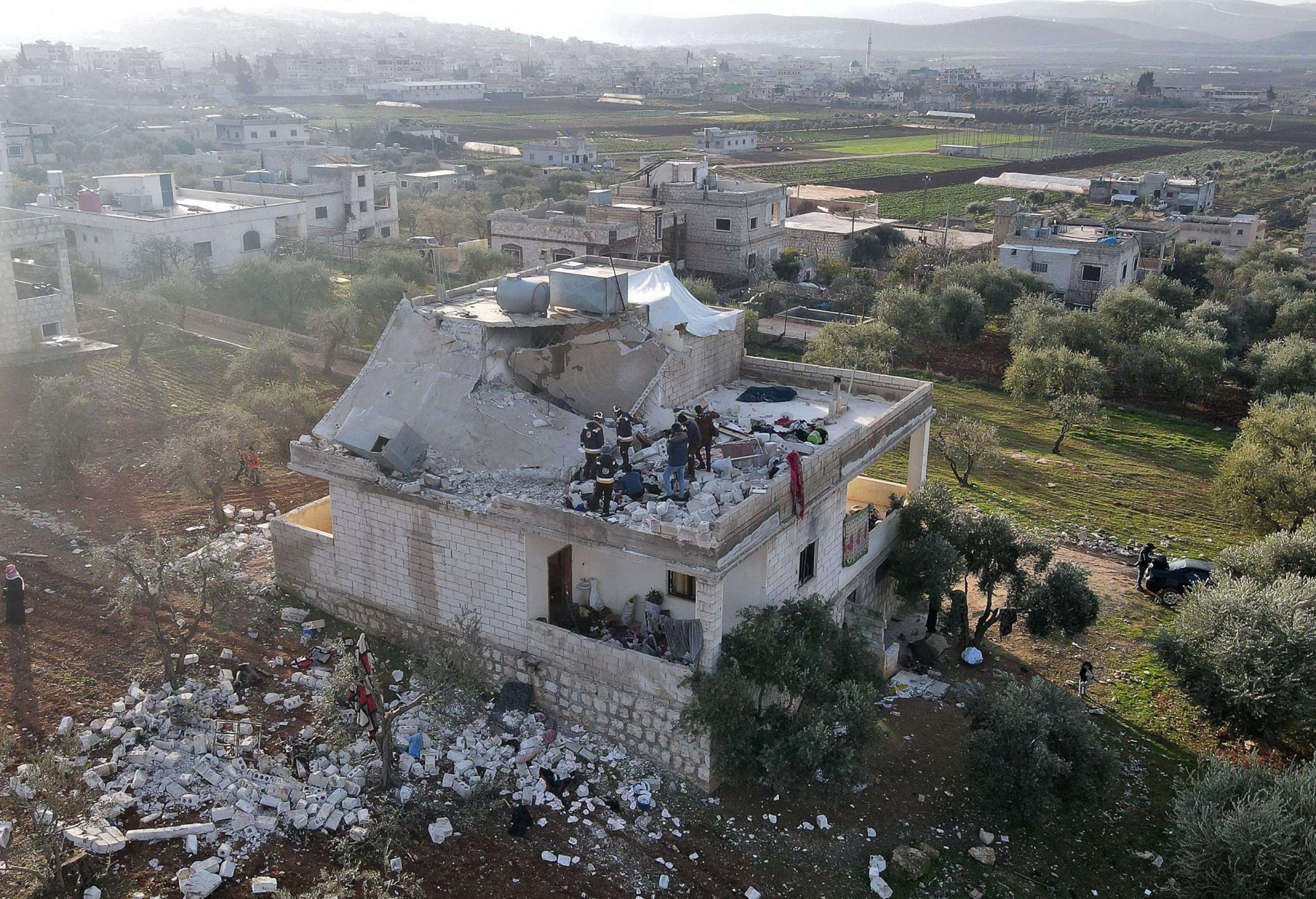
Details of raid
The raid took nearly two hours to carry out, and was particularly challenging because al-Qurayshi seemed to purposely live in a residential building with families on the first floor, who were unaware the terrorist leader was living on the third floor.
"He commanded by couriers who came and went, using these innocent people as his shield," a senior administration official said.
The risk of harm to the unwitting family and other civilians in the area led Biden to order the raid by air rather than a drone strike, placing U.S. troops at risk to minimize the risk to others, the official said.
In the earliest stages of the operation, one woman one man and number of children living on the first floor of the building were safely removed from the site.
Unfortunately, al-Qurayshi ultimately detonated a blast, killing himself and several others, including his wife and children. Officials said this was the same terrorist tactic of his predecessor, al-Baghdadi, taking his own life and his own family rather than face justice or stand and fight on his own.
In this case, the blast was so large on the third floor that it blew bodies outside of the house and into the surrounding areas.
All casualties, the officials emphasized, were due to the blast al-Qurayshi detonated.
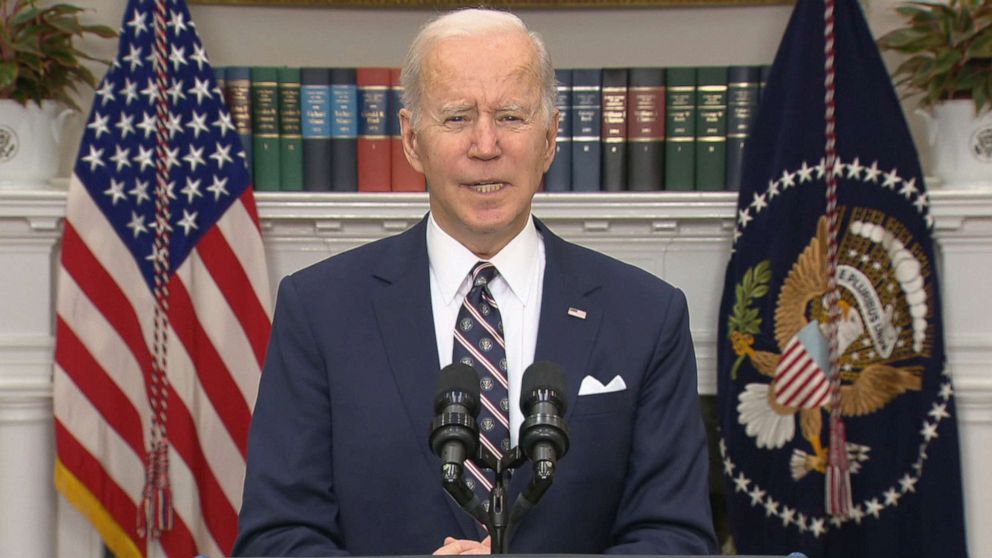
Additionally, an ISIS lieutenant, who helped him carry out day to day operations, ensuring al-Qurayshi never had to leave the building, lived on the second floor of the building. That ISIS aide barricaded himself and members of his own family in the second floor. He and his wife engaged the assault force and were killed in the course of the operation. it's unclear whether that couple had children in the room with them, which is one of the reasons why officials won't give specific casualty numbers.
Briefers emphasized over and over "intense care" was taken to prevent civilian casualties, including the special ops forces calling out or announcing their presence, asking people to leave the building before continuing with the raid.
With that, the raid force took a number of steps including conducting call outs, so announcing their presence asking people to leave the building which resulted in some of the innocents coming out as already has been briefed.
One helicopter did have a mechanical failure. Officials said "it was properly disposed of some distance from the site," and that disposal "had nothing to do with any kind of hostile action." The helicopter was able to extract itself from the immediate target area and land in another location, where the decision to destroy it was made.
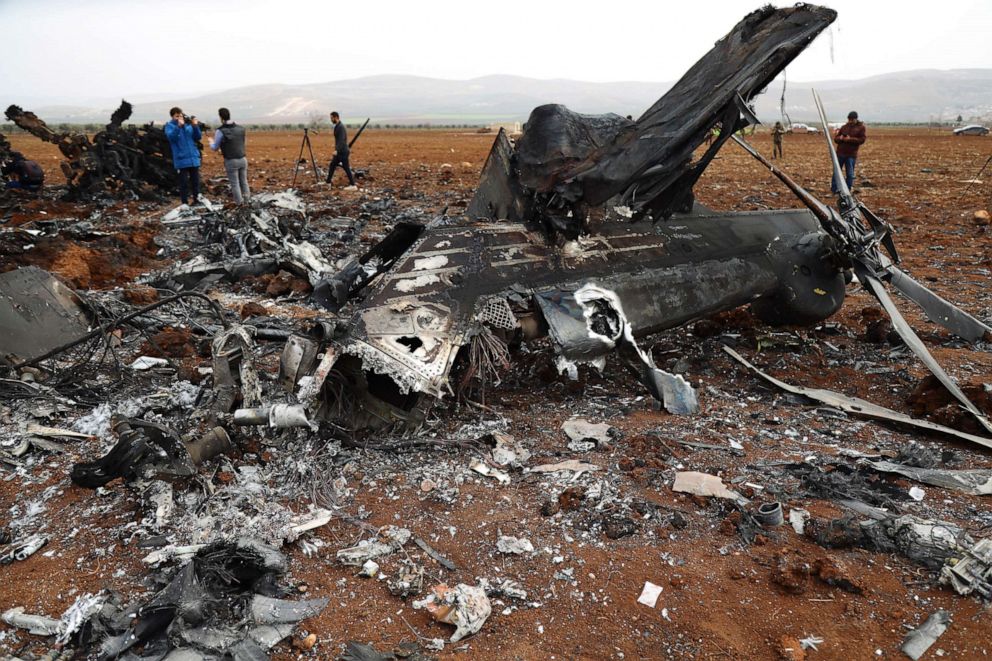
As the U.S. forces pulled out of the area, there was an additional attack from local hostile forces. U.S. forces fired back, resulting in at least two enemy killed in action.
There were no casualties on the U.S. side. Officials would not give an exact number of civilian casualties. "Some of the numbers out there don't align with our information," an official said, but they still declined to specify a number.
"Everything here ran really according to clockwork and as the planning when we were in the Situation Room for the for the two hours of the operation on the ground as was planned," an official said, despite the mishap with the helicopter.
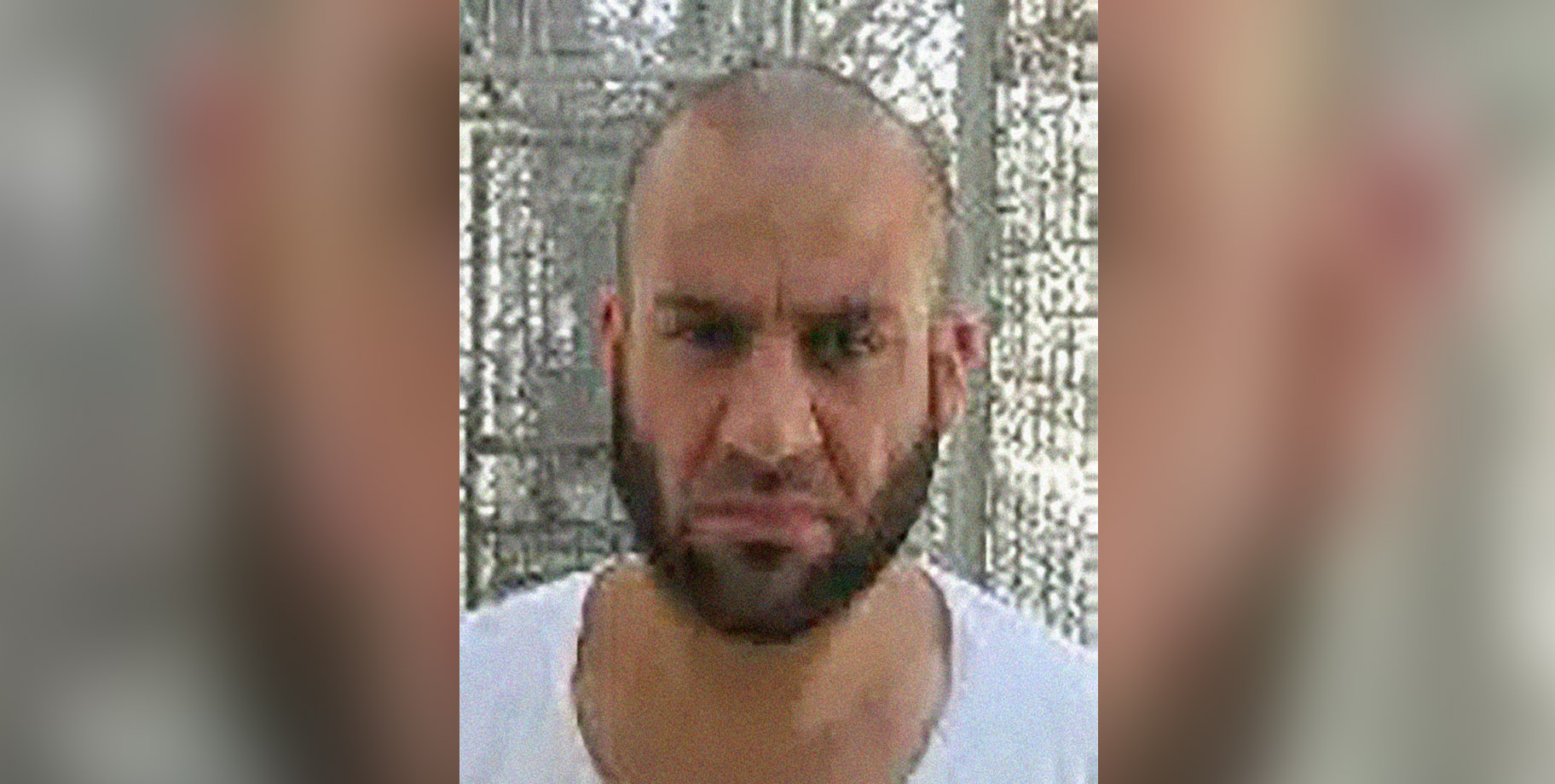
Impact on ISIS
The killed ISIS leader was a driving force behind the genocide of the Yazidi religious minority in northwestern Iraq in 2014, and the enslavement of 1000s of young Yazidi girls using rape as a weapon of war."
"He was directly overseeing activities of ISIS across Iraq and Syria, which were seeking to reconstitute under his leadership. The world is the world as a safer place with him gone," one official said.
Officials said they believe this strike will deal a heavy blow to ISIS.
"We anticipate that this is going to lead to disruption within ISIS. He's really one of the few remaining, shall we call them legacy leaders," a senior administration official said.




